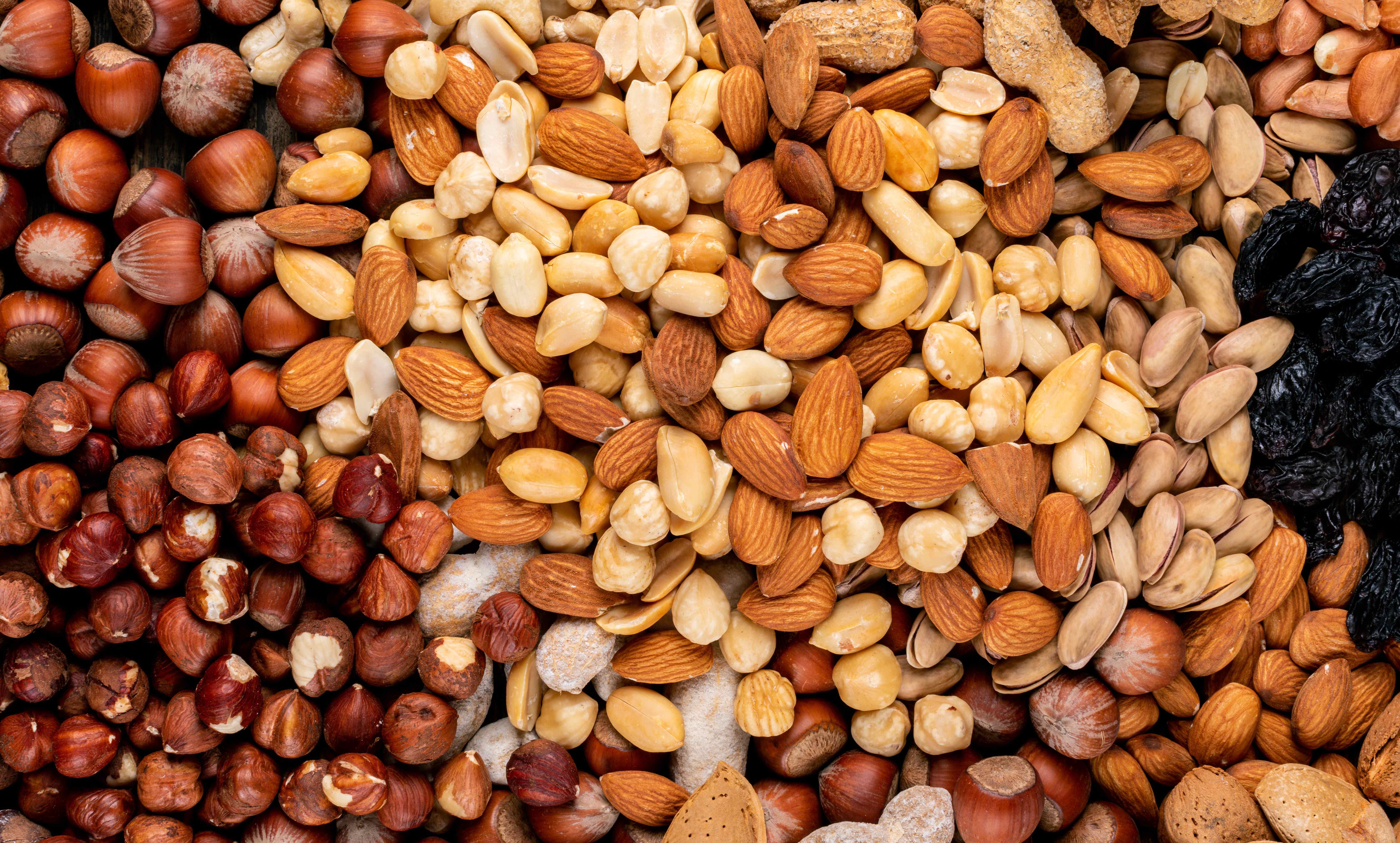
Iranian nuts are among the country’s most prominent agricultural products, representing not only the rich cultural heritage of Iran but also serving as a valuable food source in global markets. Each year, Iran produces a substantial volume of high-quality nuts, ranking among the leading producers of fruit and nuts in the Middle East and North Africa. Iranian nuts are exported to more than 50 countries worldwide and are highly valued by international consumers for their superior quality, unique flavor, and naturally focused cultivation methods.
History of Nuts in Iran: Millennia of Tradition
Nut cultivation in Iran dates back thousands of years. Archaeological evidence indicates that pistachios and walnuts were grown in Iran before the Common Era. Thanks to favorable climate and environmental conditions, Iran has long been recognized as a major center for pistachio production. In ancient times, Iranian nuts were traded along the Silk Road and exported to Europe and Asia. Since the 1960s, Iran has established itself as a leading producer and exporter of dried fruits and nuts, such as pistachios, almonds, and raisins. This agricultural legacy, passed down through generations, is grounded in traditional methods that minimize chemical inputs, supporting the distinct quality of Iranian products.
Types of Iranian Nuts: A Variety of Flavor and Quality
Iran produces a diverse array of premium nuts, each known for its unique characteristics and quality. This diversity plays a key role not only in local markets but also in global exports.
•Iranian Pistachios: As one of the world’s largest producers, Iran exports more than 80% of its pistachio crop. Notable varieties include Ahmad Aghaei (large and green), Kaleh Ghouchi (round and flavorful), Fandoghi (small and economical), and Akbari (long and elegant). Iranian pistachios are famous for their rich taste and vibrant color, owing to natural processing methods and minimal use of chemicals. They are featured in confectionery, ice cream, and snack products.
•Iranian Almonds (Mamra Almonds): Mamra almonds, largely cultivated in Iran, are considered some of the finest almond varieties, known for their large size, sweet taste, thin skin, and long shelf life. Rich in protein, vitamin E, and healthy fats, Iranian almonds are used in almond milk, premium sweets, and snacks.
•Iranian Walnuts: Grown at high altitudes, Iranian walnuts are distinguished by their high oil content, rich taste, larger size, and lighter color. They are a great source of omega-3 fatty acids, antioxidants, and plant-based protein—commonly used in traditional Persian dishes like Fesenjan and various desserts.
•Iranian Hazelnuts: These have a sweet, nutritious taste and are valued for their folate and B vitamins. Iranian hazelnuts are used in snack mixes and a range of confectionery products.
•Iranian Raisins: Produced from select grape varieties, Iranian raisins include golden, green, black, and Sultan types. Noted for their sweetness and juiciness, they provide natural sugar, fiber, potassium, and iron, and are commonly used in cooking, salads, and desserts.
Nuts grown in Iran’s fertile soil and favorable climate boast a natural taste and high quality, setting them apart in world markets.
Health Benefits of Iranian Nuts: Complete Nutrition for Body and Mind
Iranian nuts offer not only exceptional flavor but also a range of health benefits. Research suggests that regular consumption of nuts may help lower the risk of heart disease, reduce bad cholesterol (LDL), and contribute to weight management. Some of their nutritional advantages include:
•Heart Health: Pistachios and walnuts provide healthy fats, such as omega-3 fatty acids, which may help reduce LDL cholesterol and support healthy blood pressure. Some studies indicate a potential reduction in LDL cholesterol with daily pistachio intake.
•Brain and Memory Support: Walnuts and almonds are high in antioxidants and vitamin E, which may aid brain function and lower the risk of Alzheimer’s disease.
• Weight and Blood Sugar Management: The high fiber content of raisins and almonds helps promote satiety and can support healthy blood sugar levels. Almonds are also associated with improved insulin sensitivity.
• Immune Function and Skin Health: Hazelnuts and pistachios are good sources of vitamin B6 and selenium, supporting immune system health and healthy skin.
These unique nutritional qualities make Iranian nuts a popular choice among health-conscious consumers worldwide.
written by: Sara Ebrahimi
















